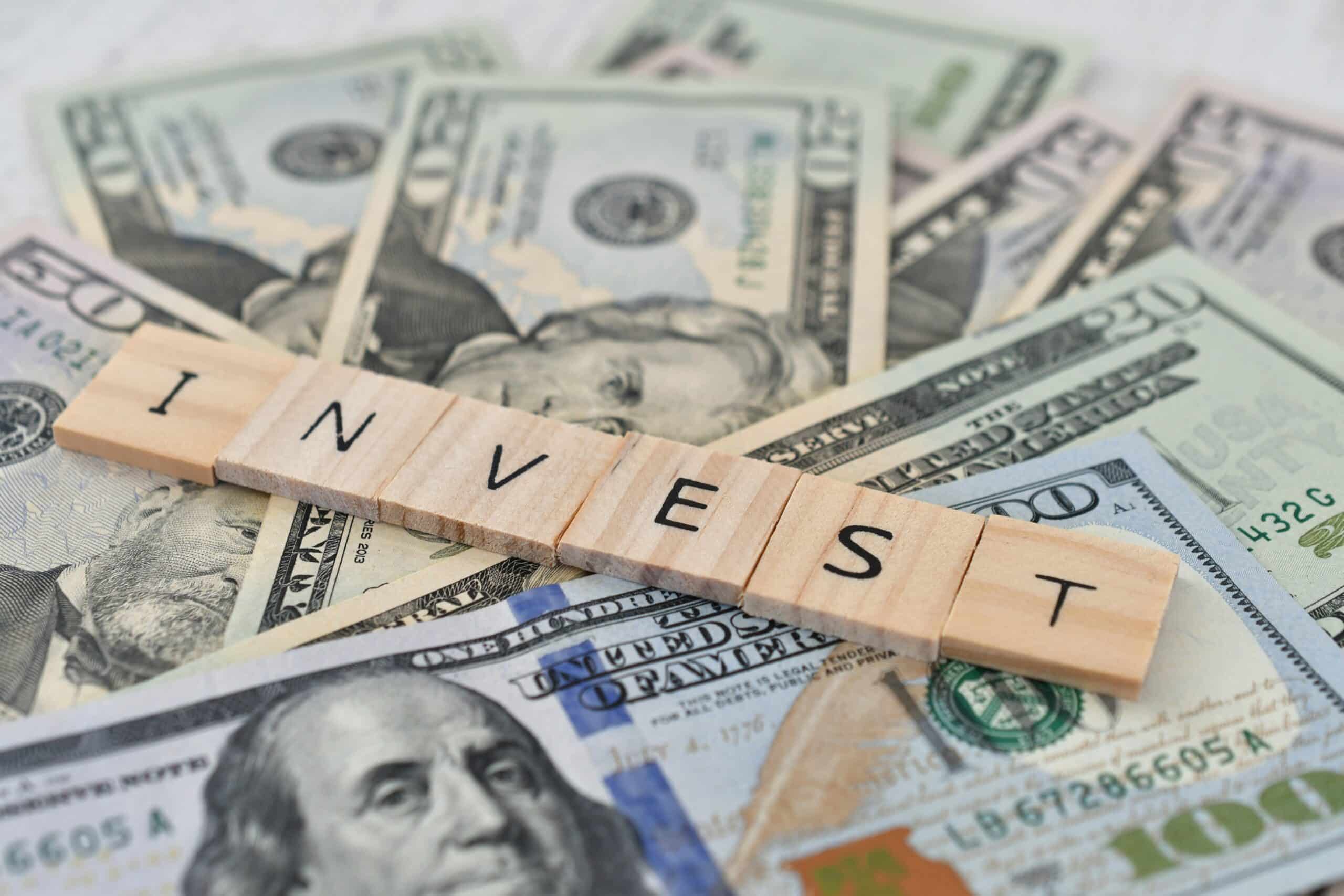Many people find it quite exciting and liberating to achieve the stage of financial independence and freedom in a relatively short amount of time. It’s challenging even if you’re not in a hurry to achieve financial independence. Yet the urgency makes it twice as difficult.
So, how can one achieve early financial independence? Scroll down and have a look!
Know what you want to do
To become financially independent, one must have a specific goal and a timeline in mind in order to make progress toward that goal. It’s likely that you’ll have to make more of a commitment in terms of time and resources if you shorten your goal-attainment timeline. But it will be well worth it when you get there.
Set up a weekly, monthly, and even yearly budget
Nothing beats the feeling of accomplishment you receive from doing all the money-related duties you set for the week, month, or year and still coming in under budget.
Whether it’s groceries, repairs, personal care products, entertainment, utilities, loans, or credit card payments, saving money is always a good thing. In addition to the main objective of being financially independent as soon as reasonably practicable, this will also help you save some additional money.
Create a safety net
Fast action is needed to set up a reliable financial safety net. Having some savings as a safety net is crucial in achieving financial independence. In addition to your regular savings account, you should start an emergency fund into which you may put any spare cash. To avoid needing other people to bail you out of a jam, you should have enough money saved to last for approximately three to six months without having to sell anything or cut back on your lifestyle.
Save automatically
In a short amount of time, you may reduce your costs by using the automated functions. Direct deposit, for instance, may send funds to many accounts simultaneously, letting you build up your savings while still funding your checking account. It’s preferable to set up direct deposit distribution based on a percentage of revenue rather than a flat amount. In this way, your contributions can rise automatically as your salary does. Automated funds transfers are an alternative method. To make sure you are continually adding to your savings, you may set up automatic transfers from your checking account to your savings account at several financial institutions.
Spend less
Spending less on material goods might have a surprisingly large impact on your financial situation. Cutting costs benefits you in two ways. You’ll have more disposable income, for one thing, which means you can start working toward your financial independence sooner. The second benefit is that you’ll be able to save more money by living with far fewer stuff. Again, this will bring you closer to your goal of independence far more quickly.
Increase your income
One other simple approach to speed up your path to financial independence is to earn more money. However, this is typically more challenging to do than lowering costs. Focusing on your work or beginning your own business are two effective methods to increase your income. Pick the most financially reasonable alternative without adding to whatever debt you may already have.
Reach an amount of money of ca. 25x your annual expenses
The correct amount of money to save in order to achieve financial independence is a tough nut to crack, and yet we are discussing it. If you are just getting started on the path to financial independence, it is not important to establish the precise amount to aim for right now. It is advisable, however, to aim for a corpus of 25X, where X is your yearly expenses. Some people could find this to be sufficient, while many others might need more. It’s possible that sizes 30X or 40X would work better for certain individuals. It is reliant on many factors, including one’s current age, the age at which one plans to retire early, the assumed length of one’s working life, the assumed rate of inflation both before and after retirement, the expected rate of return both before and after retirement, and several other, more serious aspects, such as the sequence of returns risk, etc.
Get a financial advisor
When you have reached the point in your life when you have accumulated a respectable amount of money, whether in the form of liquid or fixed assets, you should seek the assistance of a financial counselor so that you may continue moving forward in the proper direction. Because there are areas of the world of finance that you may now be familiar with, getting the assistance of a financial counselor is very necessary if you want to avoid making mistakes.
Conclusion
Everyone strives to achieve financial independence. However, only a small percentage of people succeed in doing so. Why? The road to financial independence isn’t a smooth one, for whatever reason that may be. To do so, anyone needs to take planning seriously and, more significantly, to stick to their strategy. However, in practice, this proves to be more difficult than it seems.
You can achieve financial independence rather quickly if you follow the advice given above. It’s very normal to feel stuck sometimes, so don’t beat yourself up over it. We are, after all, discussing a quest for one of humanity’s highest aspirations.


